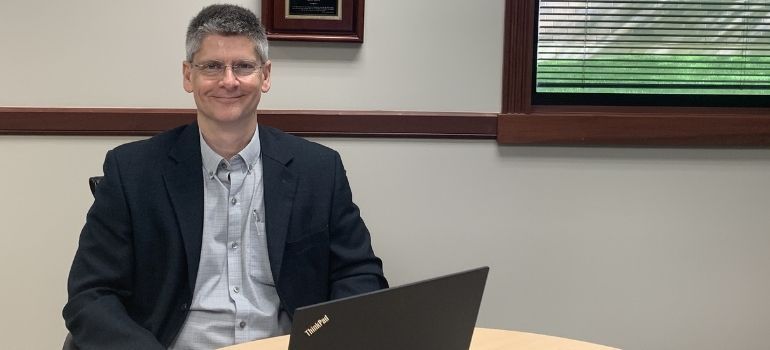Brain and Spine Care
Want to learn more about this at Kettering Health?
Strokes can happen to anyone at any time—regardless of their age.
According to the American Heart Association, strokes have continued to increase among adults 49 and younger over the past 30 years. And over the past decade, there has been a 44% increase in the number of younger people hospitalized due to stroke.
“Approximately 10 to 15% of all strokes now occur in people 18 to 50 years of age. Meanwhile, there has been a reduction in stroke incidence in those over 65 years of age,” says Dr. Timothy Schoonover, stroke medical director for Kettering Health.
Although unknown, the cause of this increase is thought to be associated with inactivity, obesity, high blood pressure, diabetes, and drug use.
Prevent strokes
According to the American Heart Association, 80% of strokes can be prevented through healthy lifestyle choices. Consider implementing these changes:
- Eat less saturated fats, trans fat, and cholesterol, which are linked to stroke. Lowering your salt intake can also lower your blood pressure.
- Get more physical activity. Not being active enough can lead to obesity, high blood pressure, high cholesterol, and diabetes. These conditions all raise your risk for stroke.
- Stop using tobacco. Cigarette smoke damages the heart and blood vessels, and nicotine raises your blood pressure.
Other medical conditions and risk factors can increase your chances of having a stroke. Talk with your doctor about whether you have increased risk.
Be Fast
If a stroke occurs, knowing what to do could mean saving a life. Use the acronym “Be Fast” to look for symptoms:
- Balance – sudden loss of balance or coordination
- Eyes – sudden vision loss in one or both eyes and double vision
- Face – drooping on one side of the face
- Arms – sudden weakness in one arm or leg
- Speech – slurring or difficulty speaking or understanding words
- Time – quickly call 911 if you experience any of these symptoms.
Act quickly when you suspect a stroke and call 911. Do not drive yourself or someone else to the hospital—timing is key, and your lifesaving care can begin the moment you get in an ambulance.
Be sure to note when the symptoms start and relay this to your healthcare provider, as this can be important in determining the best treatment.
Not only can strokes be deadly, but they can also have lasting effects. A fast diagnosis is key to providing stroke treatment in a safe window.
“Strokes often cause permanent disability, and up to 45% of young people who suffer a stroke are unable to return to work,” Dr. Schoonover says.









